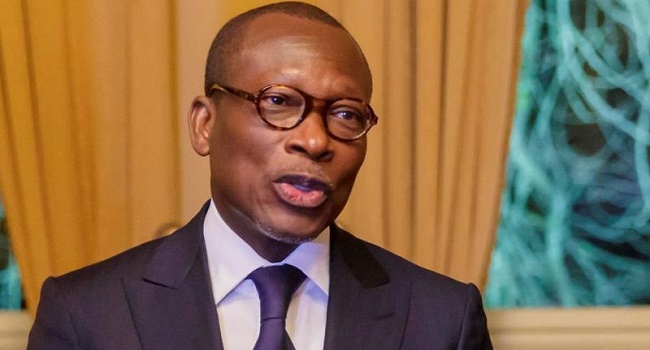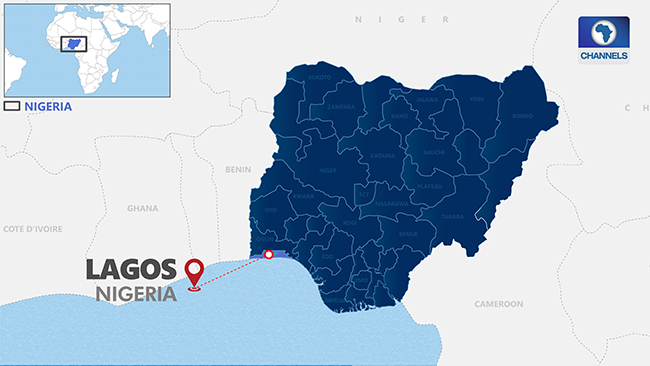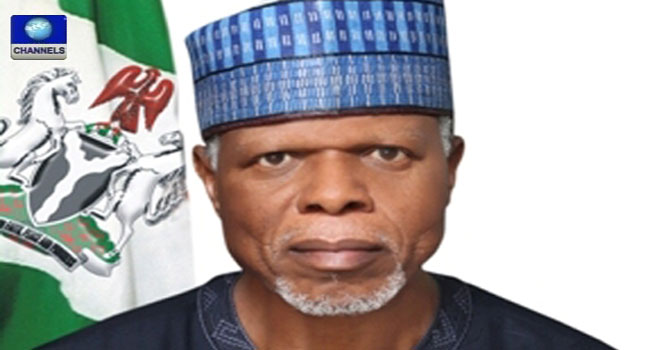
More than 5.5 million people are eligible to vote in presidential elections in Benin scheduled for April 11, the agency in charge of modifying the country’s electoral roll said Wednesday.
Many Benin opposition figures are in exile with critics saying the West African state long seen as a model of democracy has veered into authoritarianism under President Patrice Talon, who was elected in 2016.
According to the permanent computerised electoral list submitted to the National Autonomous Electoral Commission Wednesday, 5,523,524 people will be able to vote across 7,860 polling stations.
This includes 45,543 in the diaspora with 11 polling stations abroad.
“This list submitted today is the result of modifications, corrections and updates of the national electoral roll,” said Gilbert Bangana, parliamentarian and president of the agency supervising the revisions.
Members of the opposition on Tuesday warned a United Nations envoy that conditions imposed by Talon’s government could undermine the credibility of the election.
An electoral law reform has imposed that each candidate be formally sponsored by 16 mayors or members of parliament.
Talon’s backers have rejected accusations the election will be fixed, saying all the conditions are there for a fair vote.
During parliamentary elections in 2019, no opposition parties were allowed to present lists of candidates for the vote.
A year later, only six opposition challengers to sitting mayors won in municipal elections that were boycotted by some opponents.
Part of the divided opposition has since founded a coalition, the Front for the Restoration of Democracy, to join forces against Talon.
The final list of presidential candidates is due to be published by February 15.




